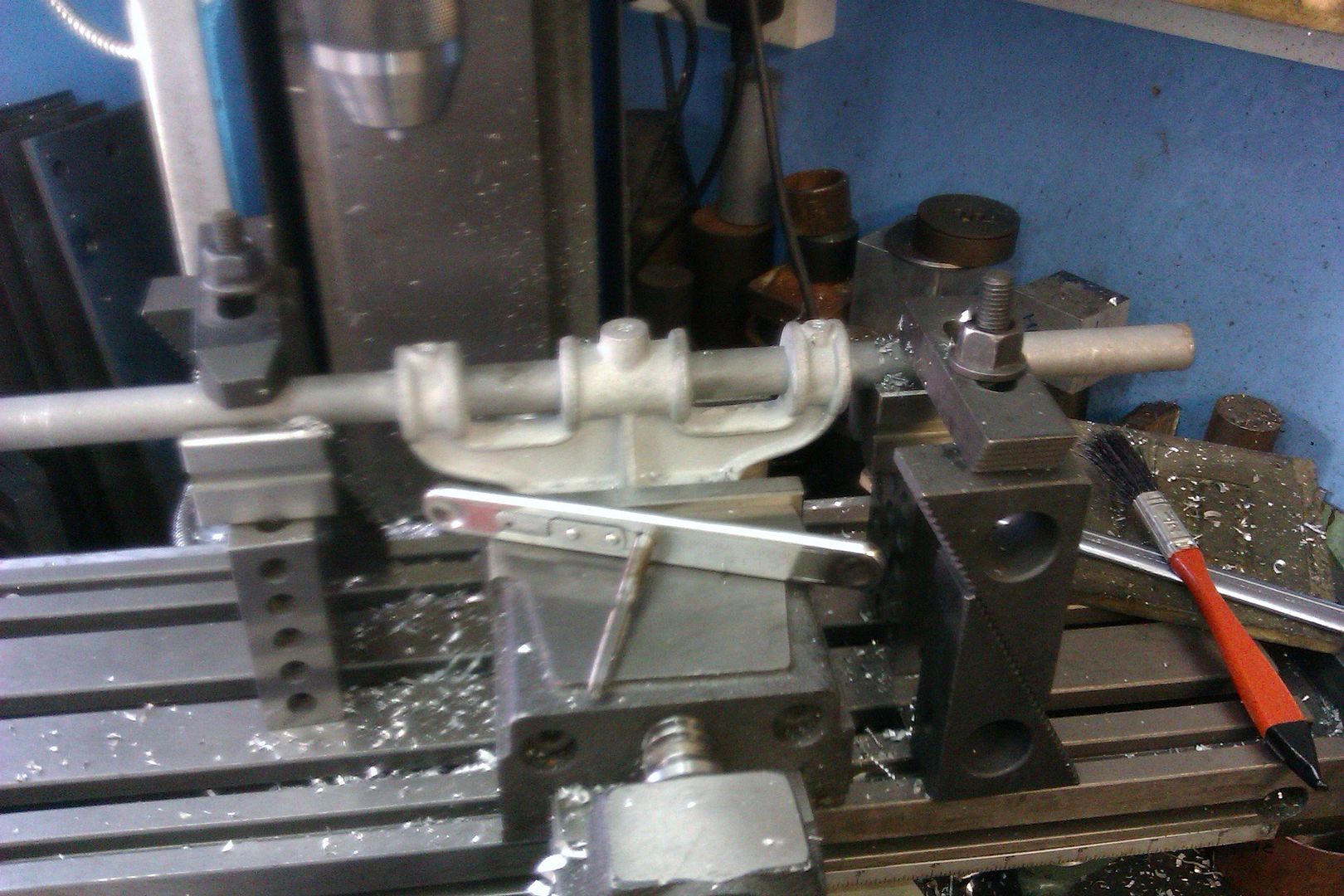Slight worry about the precision requirement – does John need more than a matching pair? It's easy to manufacture two almost identical V-blocks by grinding them together as a pair. So even a cheap pair of blocks should match accurately, and two blocks are usually all that's needed. V blocks don't have to be an exact dimension unless three or more are needed together. If that's the case, look at high end precision blocks, £££. It's the multiple precision part that's costly, rather than what they're made of.
Much depends what they're for of course, but I avoid expensive tools for ordinary work because accidentally damaging them in the rough and tumble of my grotty workshop is so painful. I only buy expensive tools when essential, and they are cosseted for special occasions while cheaper tools do the work. Cheapo tools are ruthlessly replaced, which isn't often because I don't have to meet thrash-the-tool production targets. Ought to admit I see tools as expendable, not heirlooms: others positively enjoy handling quality tools, if that's what's wanted, go for it.
I got my inexpensive blocks from Machine Mart (VAT free day). In the same cost class as John's examples, they're fine. Although 'pretty accurate' and 'hardened', I take care not to drop them! One point that may not matter, but the clamps on expensive sets are usually (I believe) made of steel. whereas those on cheaper sets might be alloy. The blocks themselves appear similar – never had the chance to do a scientific comparison.
Tin hat on now. For what it's worth, I don't recall any V-Block quality complaints on the forum. I expect a barrage of examples will promptly descend on me from a great height. Watch this space!
Dave
John Smith 47.






